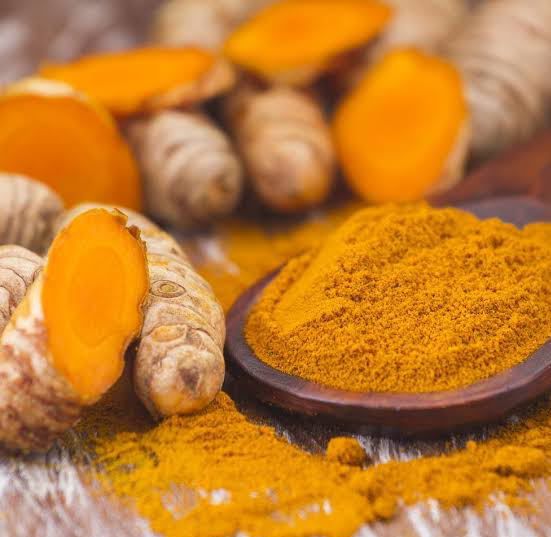
Tumeric intake has been on the rise lately as the ancient golden-yellow spice can be used for so many reasons. It can be used for colouring, taste, as supplements in other ingredients and medicinal purposes because of its curcumine content.
Tumeric is grown for its root, and its origin is traced back to Asia where the Indians use it for both as spice, fabrics dyeing and medicinal herb.
Curcumin which is the main active ingredient in tumeric has been proven to be an antioxidant and also posses an anti-inflammatory property. Below are the health benefits of tumeric;
Powerful Antioxidant
Antioxidants help protect the body against free radicals, which are chemically active molecules that cause damage to cells. This is believed to be the reason for aging and some disease conditions. The curcumin in tumeric is a powerful antioxidant that can neutralize free radicals due to its chemical structure, there by preventing the actions of free radicals in the body.
Anti-inflammatory Properties
Acute inflammation can be considered beneficial as its one of the body’s way of fighting invaders and repairing damaged tissues. But chronic inflammation is a threat as it attacks one’s own tissues and is linked to several diseases conditions such as cancer, Alzheimer’s disease and heart disease.
Research has proven curcumin to be helpful in preventing chronic inflammation and also positive result on rheumatoid arthritis.
Good For Brain Function
Studies on laboratory animals shows that curcumin can cross the blood brain-barrier where it helps prevent against Alzheimer’s disease and increase brain level of BDNF.
Brain-derived neurotrophic factor (BDNF) is a gene that’s involved in making a protein responsible for promoting the life of neurons.The BDNF protein plays a role in memory and learning, and it can be found in areas of the brain responsible for eating, drinking, and body weight
Many common brain disorders have been linked to decreased levels of BDNF protein, including depression and Alzheimer’s disease
Anti-cancer Effect
Cancer is characterized by uncontrollable cell growth. Research has it that curcumin can affect cancer formation, growth and development at molecular level.
It can also reduce the spread of cancer and contribute to the death of cancerous cells in pancreatic cancer, prostate cancer, and multiple myeloma .
Reduces The Risk Of Heart Disease
Curcumin present in tumeric reduces the risk of heart disease by improving the function of the endothelium, the lining of the blood vessels and also improves heart health.
when the endothelium is unable to regulate blood pressure, blood clotting, and various other factors, it becomes a risk factor for heart disease.
Pain Relief And Swelling
Studies have shown that curcumin helps reduce pain and swellings associated with arthritis. it is often used to treat conditions that involve pain and inflammation.
Side Effects Of Tumeric Intake
Pure tumeric is considered safe for use, but commercially prepared ones are adulterated with cheap fillers, that are not mentioned in the label.
High doses of curcumin can cause some of the following health problems in some people;
- Causes nausea and diarrhea in some people
- It can also prevent the absorption of iron leading to anemia
- Headache
- Bloating
- Acids reflux
- Flatulence
- Skin rash
Dosage Regulations
Since there is no official tolerable level, it is important not to exceed the recommendations on the supplement’s label.
There are no official guidelines for the intake of turmeric, but the acceptable intake level for curcumin is 1.4 mg per pound (3 mg/kg) of body weight.







Leave a Reply